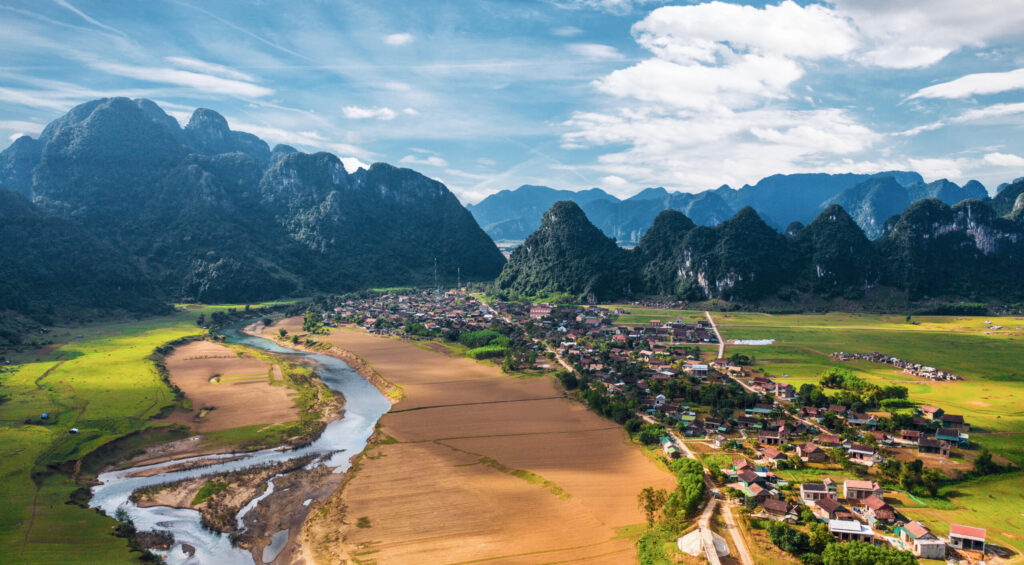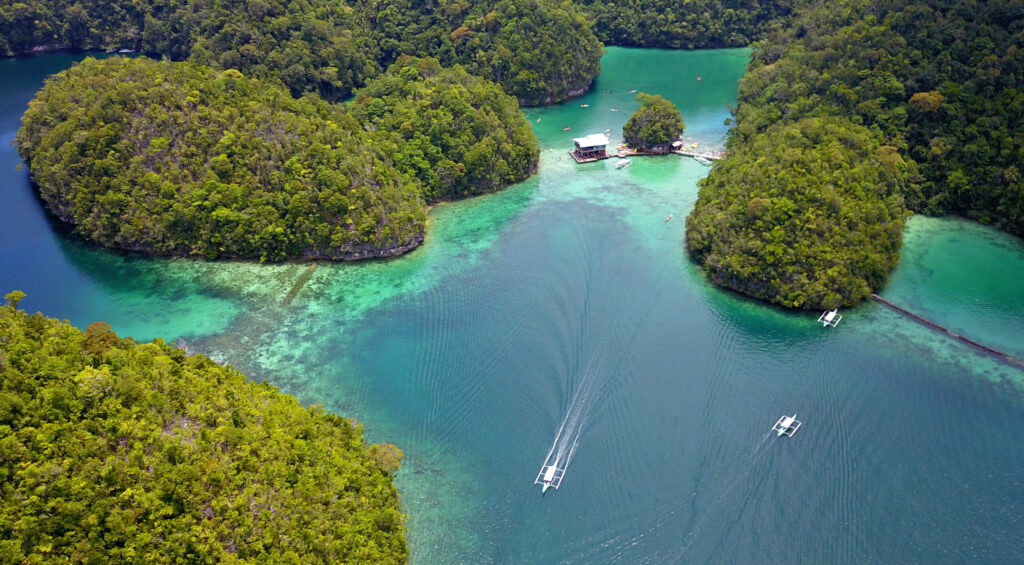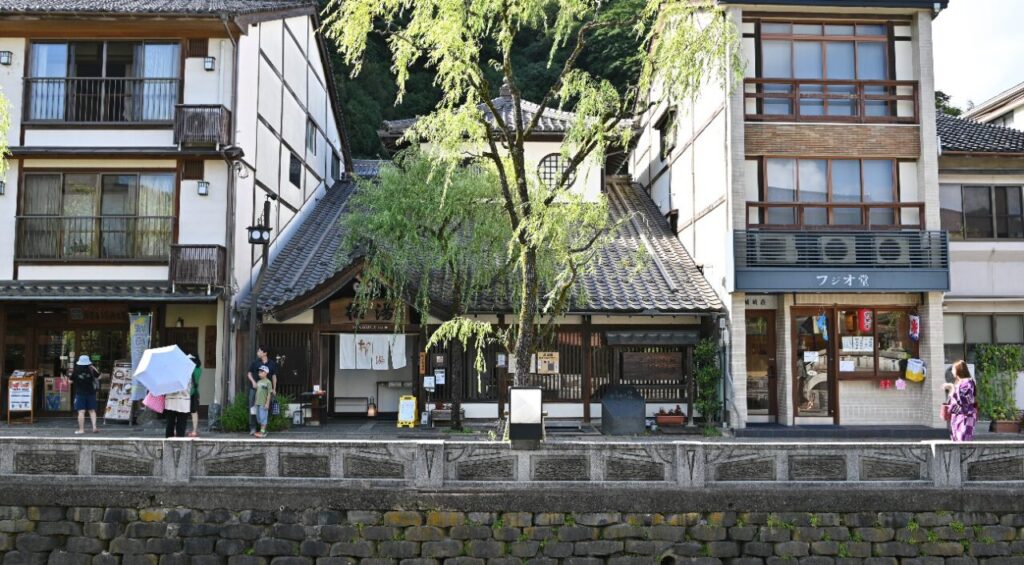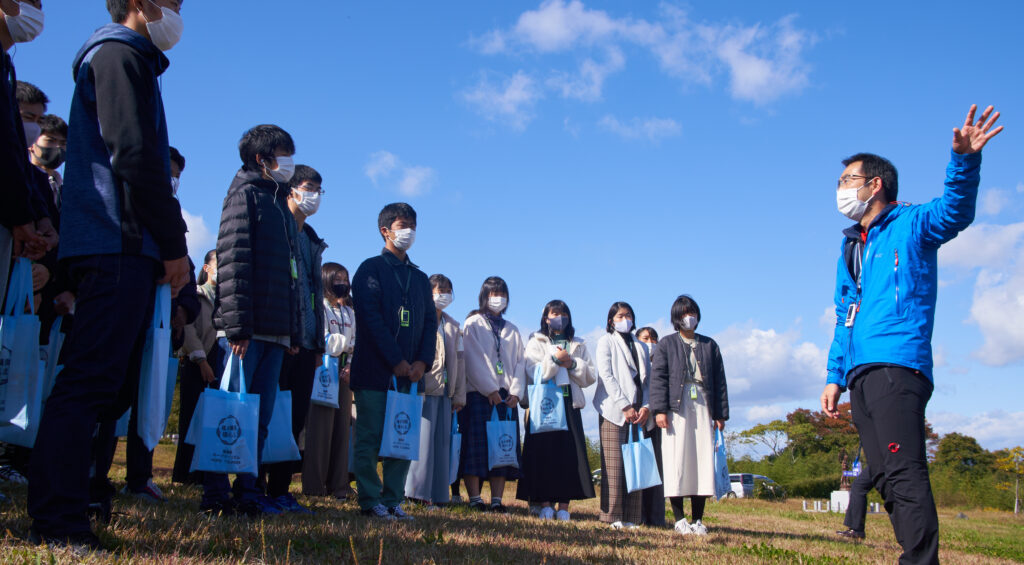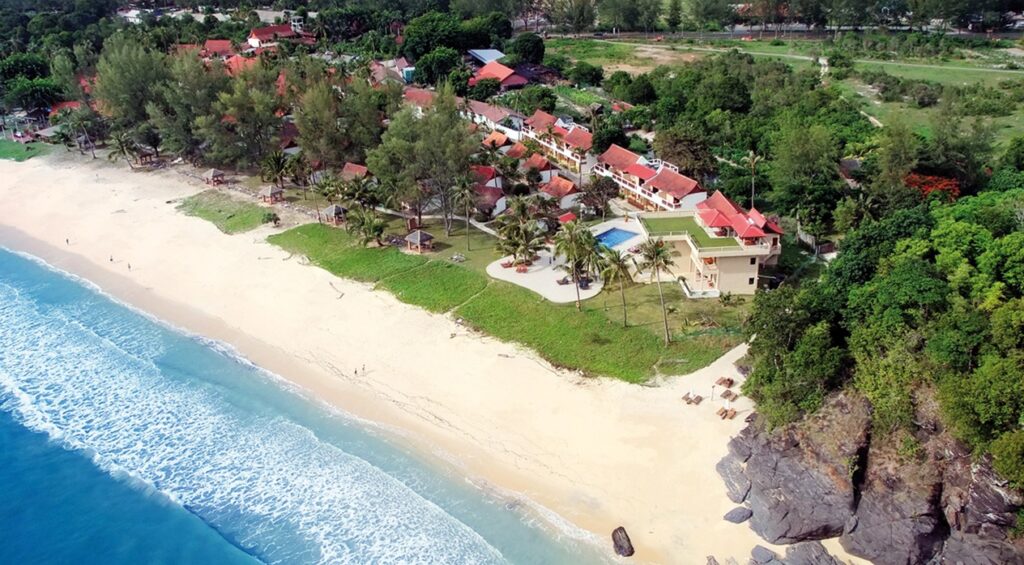Published on July 29, 2025
Bojo River: community co-creation through sustainable ecotourism
In the Philippines, a remarkable transformation has occurred some 70 kilometers southwest of the city of Cebu on the banks of the Bojo River, where the Bojo Aloguinsan Ecotourism Association (BAETAS) now showcases how sustainable tourism, driven by community commitment, can cultivate both economic prosperity and ecological stewardship.
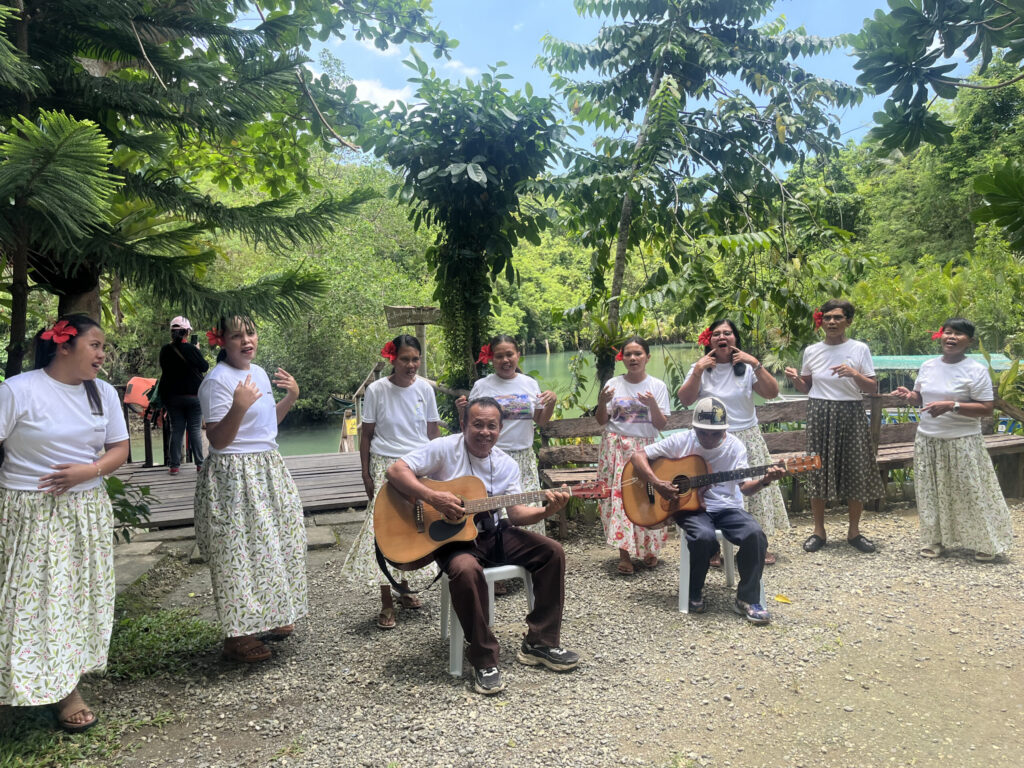
| Project : | Bojo River Eco-cultural Tour by Bojo Aloguinsan Ecotourism Association (BAETAS) |
| Place : | Aloguinsan, Cebu, Philippines |
| Initiative : | The Bojo Aloguinsan Ecotourism Association (BAETAS) spearheads a locally owned and operated eco-cultural tour along the Bojo River. This initiative generates sustainable livelihoods for former fishing communities through immersive river excursions. The project serves as a compelling blueprint for harmonizing economic progress with cultural heritage and ecological sustainability. |
| Actors : | The members of the Bojo Aloguinsan Ecotourism Association (BAETAS) in collaboration with the Aloguinsan Local Government Unit. |
The genesis of an ecotourism triumph

The Bojo River ecotourism project was launched in the administrative district of Aloguinsan in 2009. Overfishing and deforestation had depleted resources, putting pressure on traditional livelihoods and necessitating innovative solutions. Recognising the potential of the Bojo River’s natural beauty to draw visitors, the Aloguinsan Local Government Unit (LGU) initiated an ecotourism venture.
The project began with a demanding four-month training program for over 400 individuals. The LGU emphasised that the training was about investing time and effort in the form of “sweat equity” rather than gaining immediate financial rewards. The aim was to cultivate not just skills but a deep sense of ownership and environmental literacy, with participants studying early in the morning and late in the evening as they engaged in practical, hands-on activities such as bird identification.
The course was intense and demanded commitment. but around 50 people completed it to become the core of the Bojo Aloguinsan Ecotourism Association (BAETAS).
Crafting an authentic eco-cultural journey
BAETAS now offers visitors a warm and immersive welcome with flower leis and dancing, accompanied by joyful singing. An orientation session then draws attention to the essence of ecotourism by highlighting the value of the visits to local livelihoods and to environmental preservation. Guests enjoy a true taste of Aloguinsan in the form of delicious food prepared by women in the community, and their visit culminates in a boat ride conducted by a knowledgeable local guide, often a former fisherman.
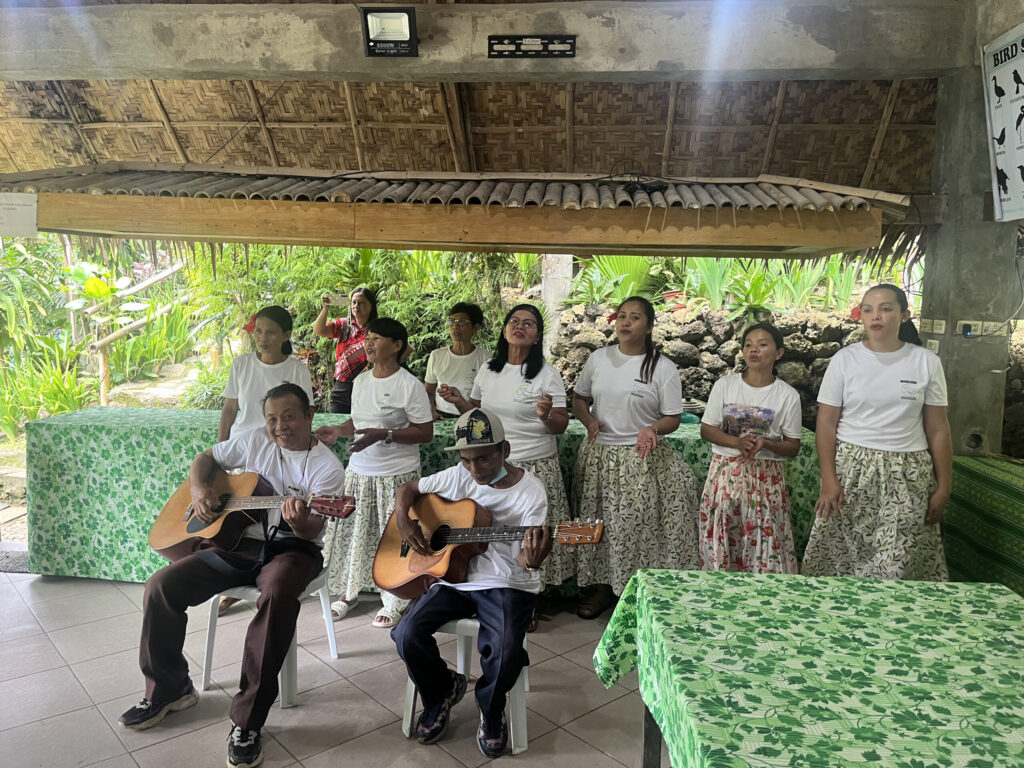
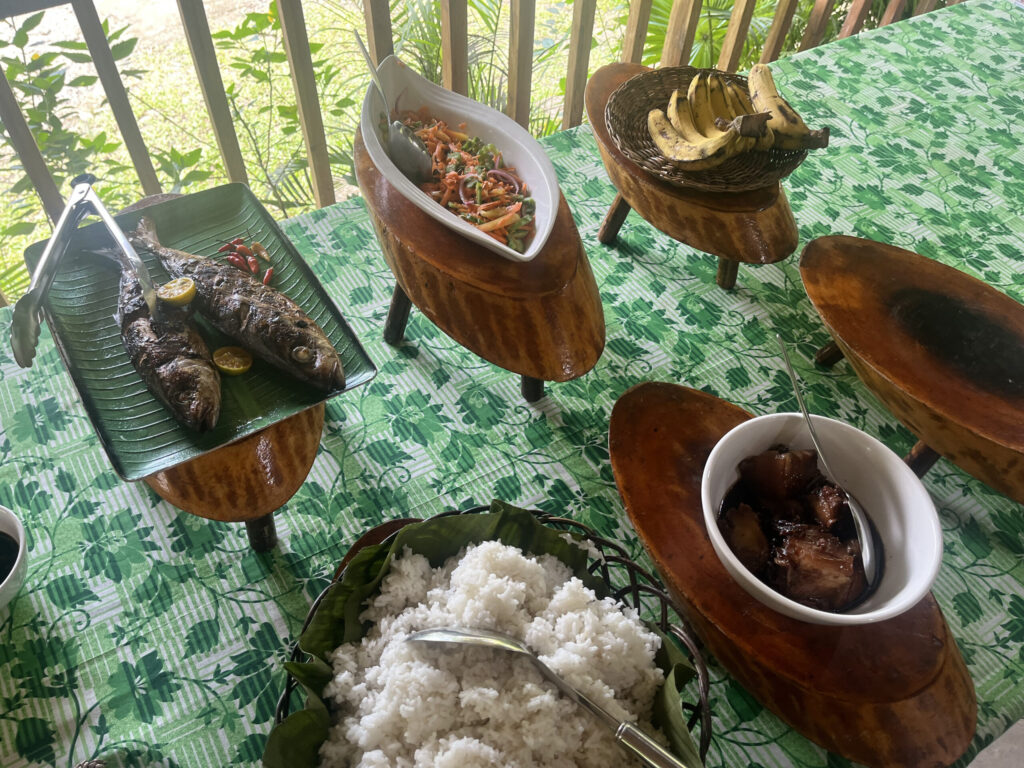
No more than 70 visitors are allowed per day, which makes the experience more personal and facilitates responsible exploration. Consideration for the environment enhances the initiative’s sustainability.
The ripple effects of sustainable tourism

The impact of the Bojo River ecotourism project has extended beyond economic empowerment and transformed the community’s relationship with the environment. Resource exploitation used to be a problem, but now a strong sense of conservation is flourishing. Examples include regular community cleanups in the mangroves and along the river.
A portion of the income generated from tours is strategically reinvested in crucial community welfare programs, such as annual medical missions and a scholarship program for local students.
Empowerment through ecotourism
Another transformative impact has been the empowerment of women in the community. Formerly, they were expected to perform domestic duties, but BAETAS ushered in a new era of opportunity. “Before this project,” remarks BAETAS Secretary Ms. Jamaila Alvarado, “a woman was typically confined to the home, taking care of the children while her husband went fishing. Now women have been empowered to work. We can act as guides, for example.”
Being able to work as river guides, to cook meals, and to perform administrative roles provides women with a vital source of income, allowing them to contribute directly to household finances and gain a measure of economic independence. The new roles have elevated their status, broadened their horizons, and fostered a sense of self-reliance and equality.
A blueprint for success
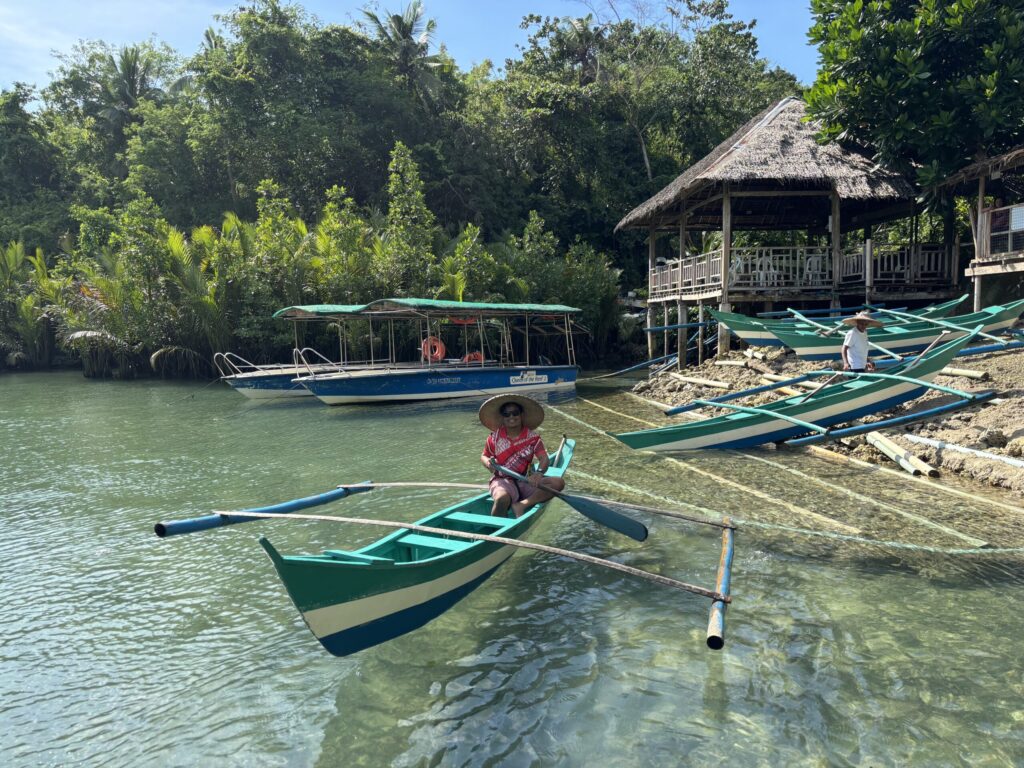
The Bojo River ecotourism project has welcomed over 17,000 visitors in the past year. It has become a source of inspiration for other communities seeking to embrace sustainable tourism. Financial transparency, including a consistent contribution of 10% of earnings to the local government for infrastructure upkeep, strengthens the initiative’s value as a prime example of community-based tourism. Jamaila Alvarado proudly affirms that the project has not only elevated the living standards of members but has also nurtured a deep sense of collective pride and vitality.
Legacy of sustainability and community spirit
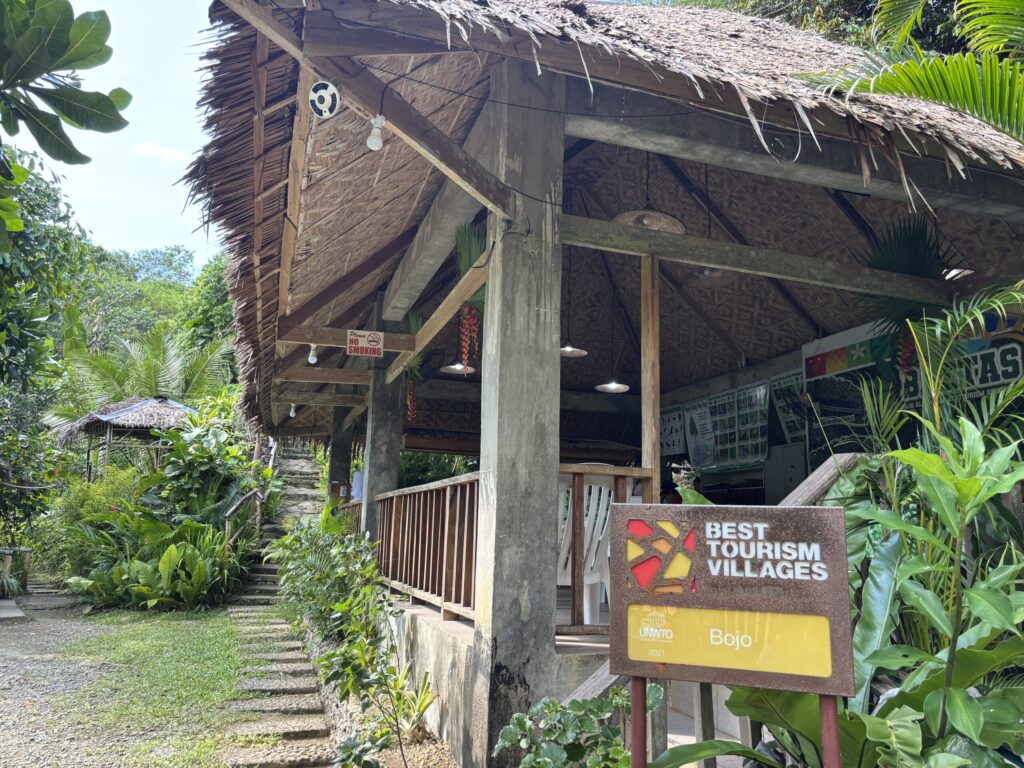
The Bojo Aloguinsan Ecotourism Association testifies to the power of community-driven conservation. Within two years of its inception, BAETAS had achieved self-sufficiency and now operates autonomously. Ms. Shane Navarro of Aloguinsan LGU notes that while the LGU initially worked alongside BAETAS, full operational management was later successfully entrusted to the association.
The initiative’s success has earned prestigious recognition, including a United Nations World Tourism Organisation Best Tourism Village designation and an ASEAN Tourism Award.
Looking ahead, BAETAS will be addressing the challenge of continuity across generations, actively recruiting and training young members as the original trainees begin to retire.
Innovation remains vital, with exciting new offerings including a unique workshop showcasing a traditional method of salt making with coconut milk. Appealing to first-time and repeat visitors alike, this distinctive cultural experience will make a new contribution to prosperity.
Interviewee

Jamaila ALVARADO
Secretary, Bojo River Eco-cultural Tour by Bojo Aloguinsan Ecotourism Association (BAETAS)
“This project gives women empoewrment, it gives income and it changes the midset of local people to protect the environment.”
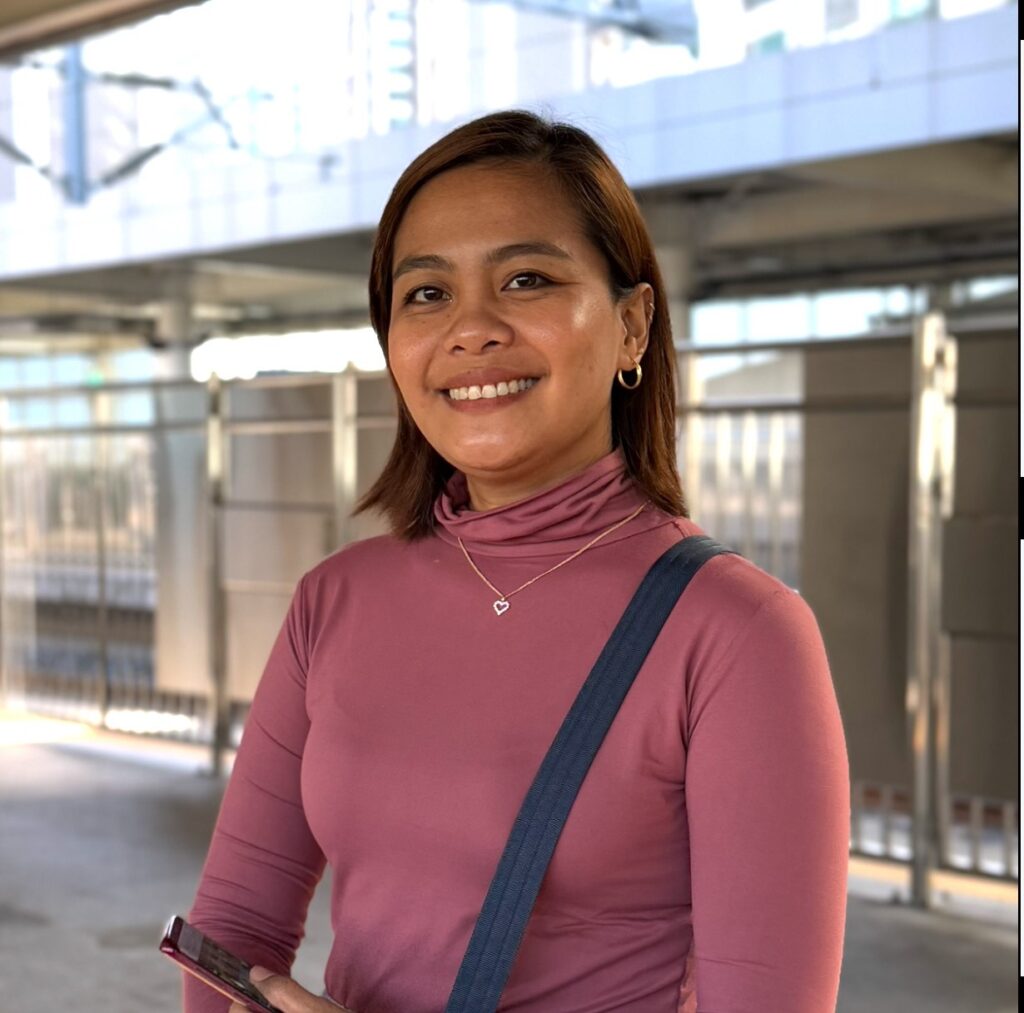
Shane Navarro
Tourism Officer, LGU Aloguinsan, Cebu
“The project was 100% initiated and funded by LGU (Local government unit). We managed the projecto toghether with the BAETAS Association for a while. After two years, the operation of the management was fully given to the association.”

